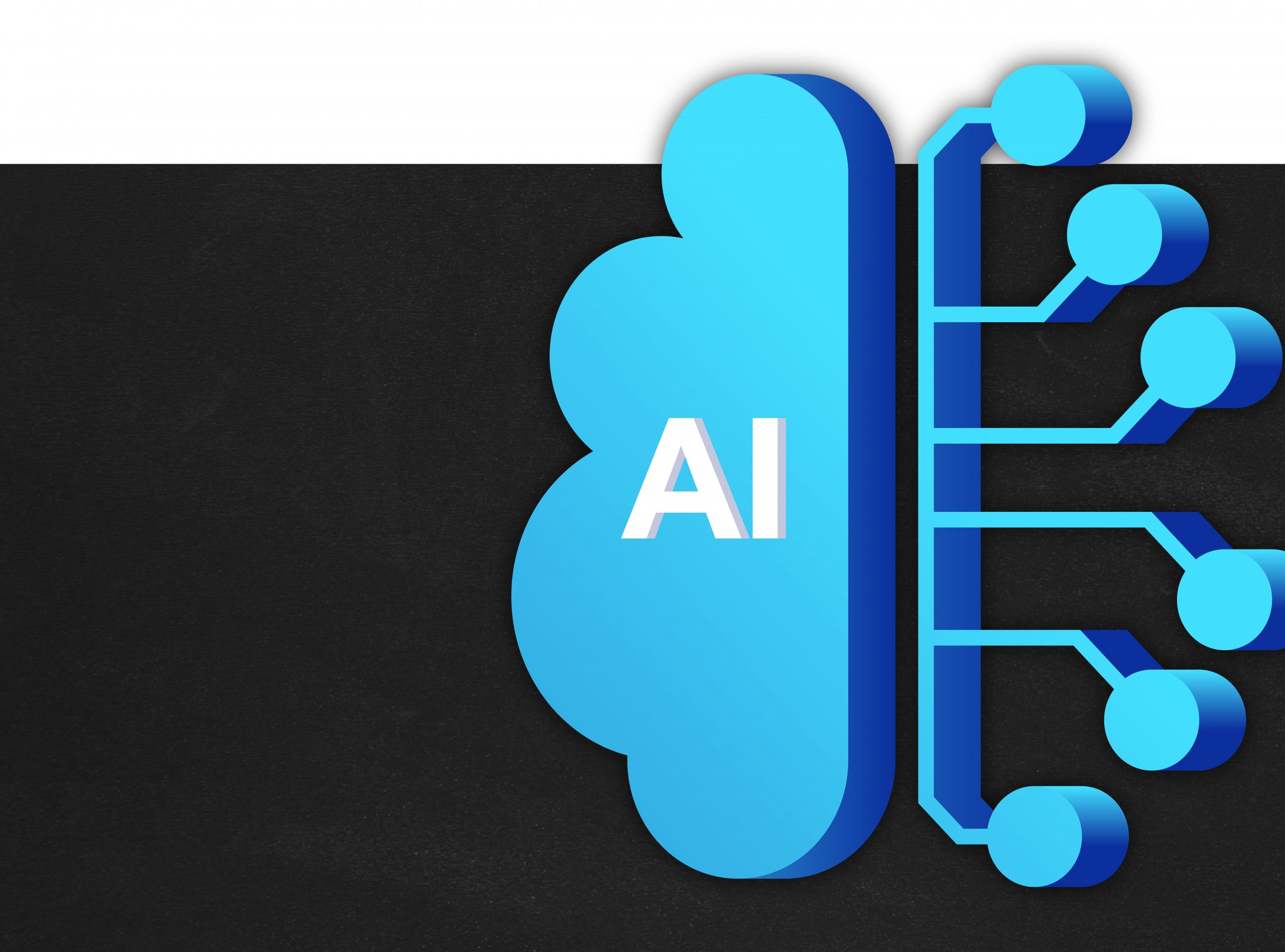
0%

Featured
Featured
The Impact of Artificial Intelligence on SEO: A Comprehensive Guide
5 Min Read
 Artificial Intelligence (AI) is revolutionising various industries and profoundly impacting search engine optimisation (SEO). As search engines become more innovative and sophisticated, AI plays a crucial role in understanding user intent, delivering personalised search results, and shaping the future of SEO. This comprehensive guide will explore how AI influences SEO and provide actionable insights for adapting to this transformative technology.
Artificial Intelligence (AI) is revolutionising various industries and profoundly impacting search engine optimisation (SEO). As search engines become more innovative and sophisticated, AI plays a crucial role in understanding user intent, delivering personalised search results, and shaping the future of SEO. This comprehensive guide will explore how AI influences SEO and provide actionable insights for adapting to this transformative technology.

